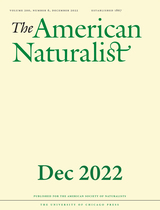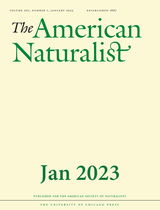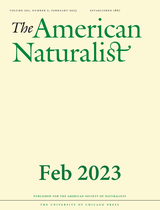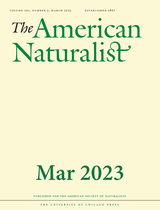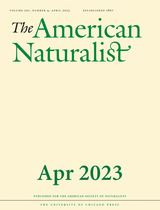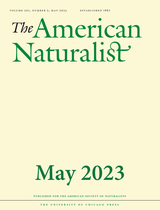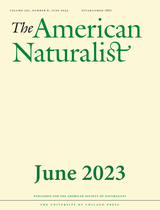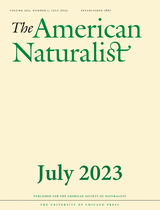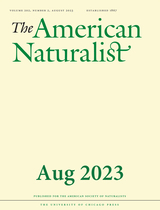Constructing Disability after the Great War: Blind Veterans in the Progressive Era
University of Illinois Press, 2024
eISBN: 978-0-252-04742-8 | Cloth: 978-0-252-04616-2 | Paper: 978-0-252-08824-7
See other books on: Great War | People with Disabilities | Progressive Era | Veterans | World War I
See other titles from University of Illinois Press
eISBN: 978-0-252-04742-8 | Cloth: 978-0-252-04616-2 | Paper: 978-0-252-08824-7
ABOUT THIS BOOK | AUTHOR BIOGRAPHY | REVIEWS | TOC
ABOUT THIS BOOK
As Americans--both civilians and veterans--worked to determine the meanings of identity for blind veterans of World War I, they bound cultural constructs of blindness to all the emotions and contingencies of mobilizing and fighting the war, and healing from its traumas. Sighted Americans’ wartime rehabilitation culture centered blind soldiers and veterans in a mix of inspirational stories. Veterans worked to become productive members of society even as ableism confined their unique life experiences to a collection of cultural tropes that suggested they were either downcast wrecks of their former selves or were morally superior and relatively flawless as they overcame their disabilities and triumphantly journeyed toward successful citizenship. Sullivan investigates the rich lives of blind soldiers and veterans and their families to reveal how they confronted barriers, gained an education, earned a living, and managed their self-image while continually exposed to the public’s scrutiny of their success and failures.
See other books on: Great War | People with Disabilities | Progressive Era | Veterans | World War I
See other titles from University of Illinois Press

